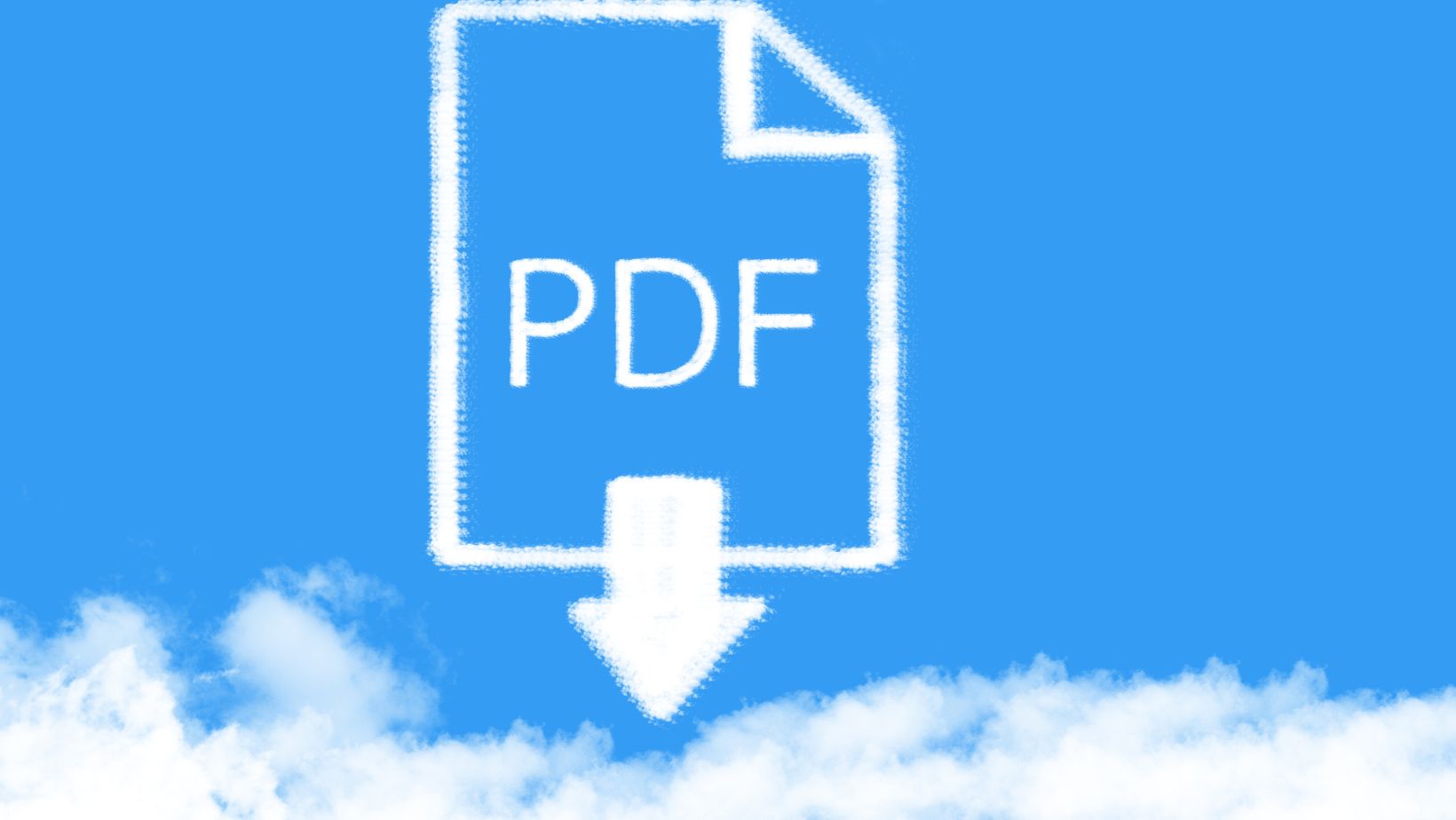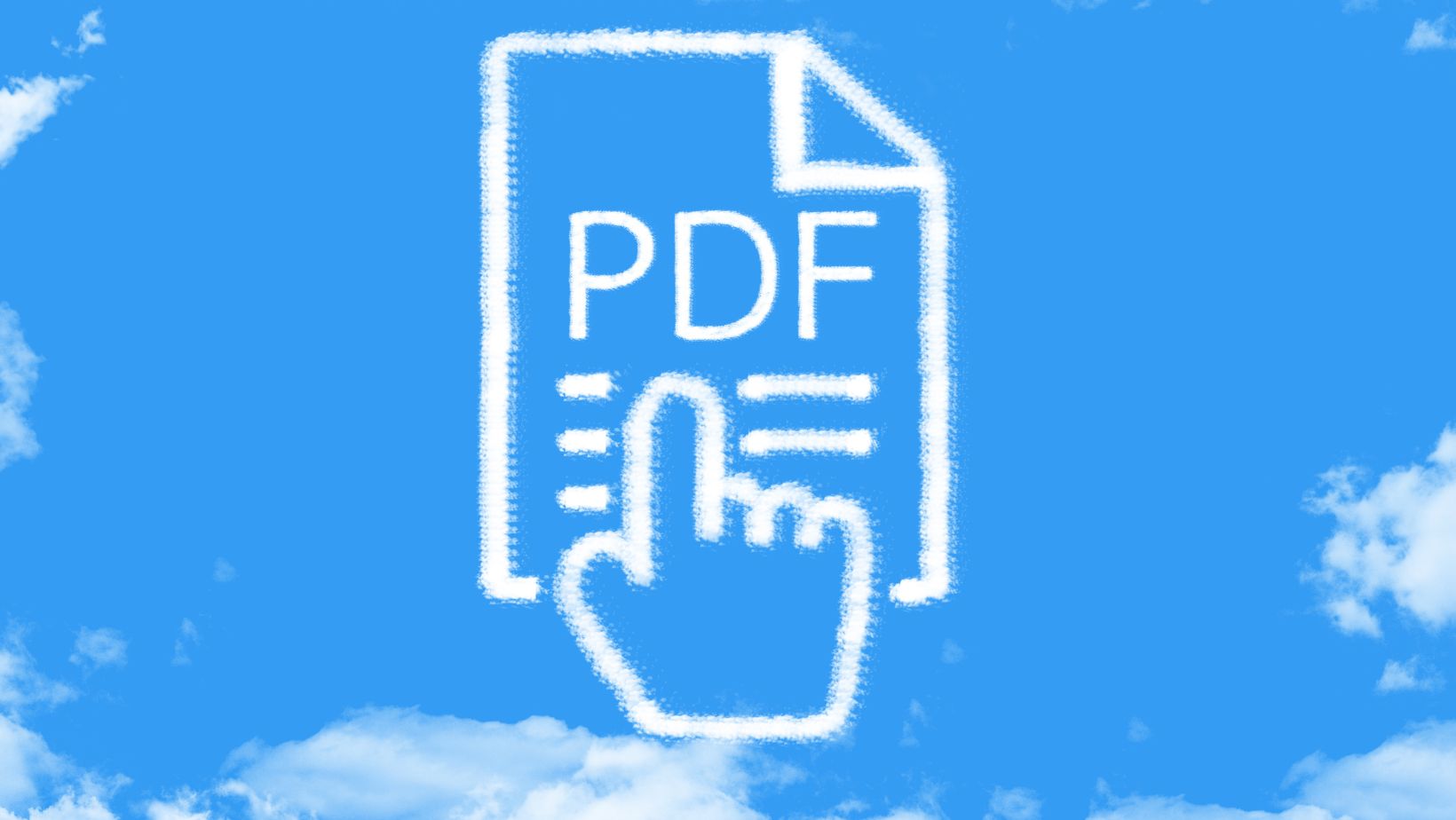
Digital files must stay readable for years, but many formats become outdated. PDF/A is a solution designed for long-term preservation, keeping documents unchanged and accessible.
It prevents file corruption and ensures consistency, making it a trusted choice for records and legal documents. Understanding its benefits is key to effective digital preservation. So, if you want to learn further, read on!
Why PDF/A is Important for Digital Preservation
Digital files can become unusable over time. Technology changes and some formats stop working. Whether you are asking about what is pdf/a or how to keep files secure, PDF/A provides a reliable solution.
It embeds necessary elements into the file. This ensures documents remain intact. Fonts, metadata, and images stay in place.
Unlike other formats, it prevents missing content. This makes it a preferred choice for archiving. Many organizations trust it for long-term record-keeping.
How PDF/A Differs from Regular PDF
PDF/A is not the same as a standard PDF. A regular PDF may depend on external content. It might change on different devices. PDF/A does not allow external links. It keeps everything inside the file. This ensures consistency.
The file remains the same everywhere. It is a safer choice for digital preservation. Standard PDFs may lose functionality over time, but PDF/A maintains its structure. This makes it the best choice for long-term digital storage.
The Role of Embedded Fonts in PDF/A
A document should look the same everywhere. Missing fonts can change its appearance. PDF/A prevents this issue. It embeds all fonts into the file. This ensures the text remains unchanged. It does not rely on system fonts.
This makes it useful for legal and official records. It also improves accessibility. Without embedded fonts, documents may not display correctly on all devices. PDF/A ensures that text formatting remains intact, regardless of system updates.
Metadata and Its Importance in PDF/A
Metadata stores key information about a file. It helps users find and understand documents. PDF/A requires metadata to be included. This makes files easier to search. It also provides context for future users.
Metadata helps organize digital archives. It ensures information is not lost over time. Detailed metadata can also enhance document indexing. Properly labeled files improve retrieval and management efficiency.
Ensuring Self-Containment in PDF/A
Files should not depend on outside elements. PDF/A ensures everything is stored within the file. This prevents missing images or fonts. It also avoids broken links.

Self-contained files are easier to preserve. They remain accessible even if systems change. This helps maintain document integrity. A self-contained document does not require external software updates. This makes it an ideal format for long-term use.
PDF/A and Legal Requirements
Some industries must keep records for years. Legal and government documents need long-term preservation. PDF/A meets these requirements. It ensures files remain unchanged.
Courts and businesses use it for archiving. It is widely accepted for official records. This makes it a trusted format for compliance.
Many regulations require that documents remain unchanged for decades. PDF/A ensures these documents are secure and legally admissible.
Challenges of Using PDF/A
PDF/A has strict rules. Some features must be removed. It does not allow audio, video, or encryption. This can limit its use. Creating a valid PDF/A can be tricky. It needs the right tools and knowledge.
Despite challenges, it is a secure format. It is worth using for important documents. Some users struggle with compliance, but following guidelines ensures success. Organizations can benefit from expert guidance when adopting PDF/A.
Different Versions of PDF/A
There are several types of PDF/A. Each version improves preservation. PDF/A-1 was the first version. PDF/A-2 added more features. PDF/A-3 allows attachments. Choosing the right version depends on needs.
All versions ensure digital preservation. They follow strict guidelines. Understanding these versions helps users select the best option. The choice depends on factors such as attachments and compatibility.
Why Organizations Use PDF/A
Many businesses store documents digitally. They need files to last for decades. PDF/A ensures long-term accessibility. It prevents data loss. Many industries require reliable storage.
PDF/A is widely used for this reason. It is a standard for archiving important files. Organizations use it to meet compliance requirements. It also provides peace of mind by securing historical records.
How to Convert Documents to PDF/A
Converting files is easy with the right tools. Some programs have built-in options. Others require special settings. The process ensures compliance with standards.
Checking the file after conversion is important. This prevents errors. Validation tools can confirm a correct format. Proper conversion ensures successful preservation.
Many businesses automate this process for efficiency. Proper training helps users avoid mistakes when converting documents.
Common Mistakes in PDF/A Conversion
Errors can occur during conversion. Some files may include forbidden elements. Fonts might not be embedded. Metadata could be missing. These mistakes affect preservation. Checking for errors is necessary.
Validation tools help find problems. Fixing issues ensures compliance. Avoiding mistakes keeps files usable for years. Regular audits can help maintain accuracy. Following proper guidelines reduces conversion errors.
Long-Term Benefits of PDF/A
Digital archives must last a long time. PDF/A helps achieve this goal. It prevents file corruption. It ensures consistency over decades. It keeps data secure. Businesses and governments trust it.
PDF/A reduces the risk of lost information. It is a smart choice for digital preservation. It also improves record-keeping efficiency. Secure digital storage protects valuable documents for generations.
PDF/A for Libraries and Archives
Libraries and archives store valuable information. They need a format that lasts. PDF/A is ideal for this purpose. It prevents file degradation. Historical documents remain readable.
Digital libraries benefit from its stability. Researchers rely on accessible data. It helps protect knowledge for the future. It also supports mass digitization efforts. Many institutions require PDF/A for reliable data storage.
How PDF/A Supports Accessibility
Accessible documents are important. PDF/A ensures readability over time. It supports screen readers. It includes metadata for better navigation. This helps users with disabilities.
It improves access to information. Long-term accessibility is a key benefit. PDF/A ensures documents remain useful for all users.
This makes it a good option for inclusive document management. It also supports language translation tools.
PDF/A is Key to Digital Preservation
PDF/A is essential for digital preservation. It ensures files remain unchanged and accessible. Many industries use it to store important documents. It prevents data loss over time.
Choosing PDF/A helps maintain long-term records. It is a trusted format for archives. Understanding its benefits is important.

It is a smart choice for protecting digital content. As digital storage continues to expand, PDF/A remains a critical solution.
Should you wish to read more, visit our blog page. We’ve got more topics!







